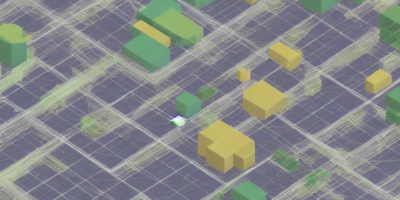In this article, we present a new approach to training agents in voltage control systems using reinforcement learning. The key innovation is leveraging the network structure to model the problem and train the agents effectively.
Imagine you’re driving on a highway with many other cars. As you accelerate or brake, the other cars around you also react accordingly. In a similar way, the voltage control system in a power grid works by multiple distributed generations (DGs) adjusting their output to maintain a stable voltage level. Our approach is like training a team of drivers to cooperatively drive on the highway while ensuring the correct voltage level is maintained.
We use reinforcement learning, a type of machine learning algorithm, to train the agents. The agents learn to make decisions by receiving rewards or penalties based on their actions. The goal is to optimize the global welfare by finding the best balance between the DGs’ outputs and the voltage level.
To address the scalability challenge, we use a network structure to model the problem. This allows us to leverage the exponential decay property in the networked MDP (Markov Decision Process), which makes it possible to effectively train the agents even with a large number of DGs.
We evaluate our approach using four different scenarios with varying numbers of DGs. The results show that our method outperforms traditional methods, particularly in terms of scalability. With a larger number of DGs, our approach maintains stability and efficiency while other methods struggle to scale.
In summary, this article presents a novel approach to training agents for voltage control using reinforcement learning. By leveraging the network structure, we can train the agents effectively even with a large number of distributed generations. Our results demonstrate improved scalability and stability compared to traditional methods, making it possible to control voltage levels in complex power grids more efficiently.
Mathematics, Optimization and Control
SNA Framework Outperforms MAAC in Distributed Energy Management



